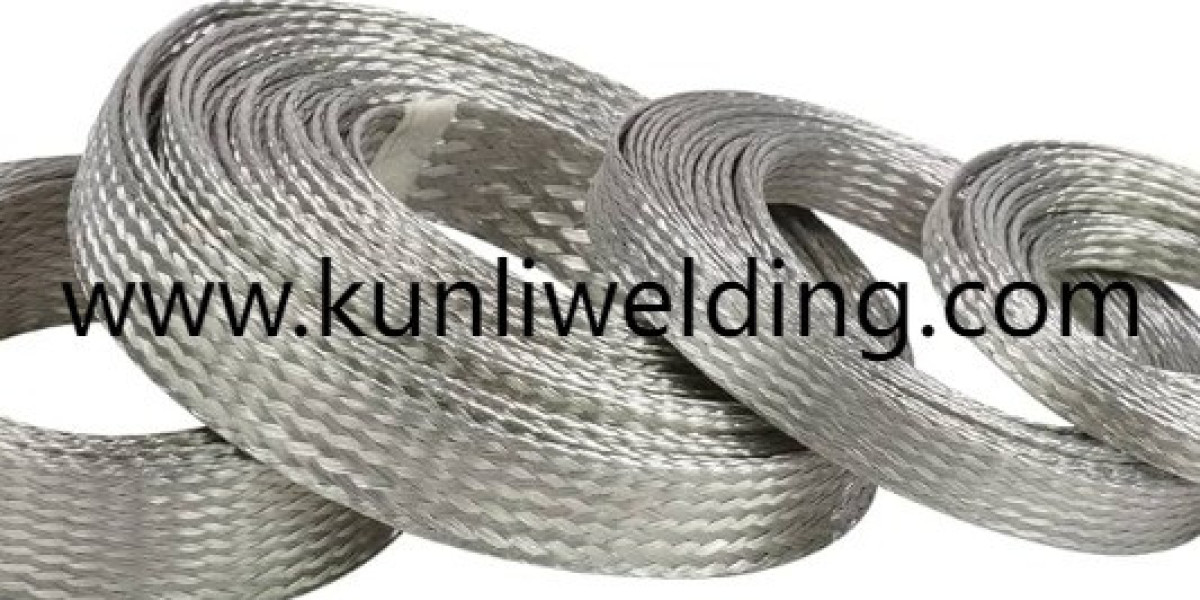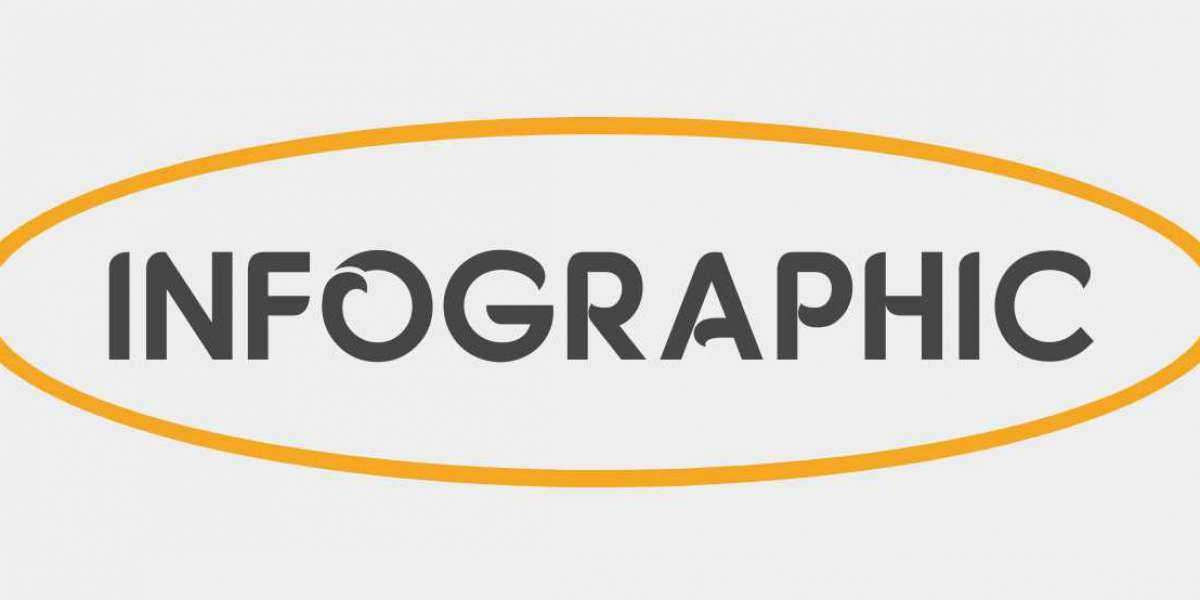In various industries, the precise and controlled injection of fluids is crucial for efficient production processes. One key technology that facilitates this process is the integrated linear injection pump. Developed by companies like Guangzhou Ascend, these pumps offer a reliable and accurate solution for fluid injection. In this blog post, we will delve into the working principles and components of integrated linear injection pumps, shedding light on the technology behind their operation.
Working Principles of Integrated Linear Injection Pumps
Integrated linear injection pumps operate based on the principles of reciprocating motion and positive displacement. These pumps utilize a piston-cylinder arrangement to achieve precise fluid injection. Let's explore the working principles in detail:
1.Reciprocating Motion: Integrated linear injection pumps employ a reciprocating motion, where the piston moves back and forth within the cylinder. This motion is generated by an electric motor or other power source, which drives the piston assembly.
2.Positive Displacement: The key concept behind integrated linear injection pumps is positive displacement. This means that for each stroke of the piston, a fixed volume of fluid is delivered. As the piston moves in one direction, fluid is drawn into the cylinder. On the return stroke, the fluid is expelled from the cylinder, resulting in controlled injection.

Components of Integrated Linear Injection Pumps
To understand the working principles of integrated linear injection pumps better, let's examine the essential components that make up these systems:
1.Piston Assembly: At the heart of an integrated linear injection pump is the piston assembly. It consists of a piston, piston rod, and seals. The piston, typically made of durable materials like stainless steel, creates a tight seal against the cylinder walls, minimizing leakage and ensuring accurate fluid displacement.
2.Cylinder: The cylinder houses the piston and provides a sealed chamber for fluid injection. It is usually made of robust materials like stainless steel or aluminum, capable of withstanding high pressures and corrosive fluids.
3.Electric Motor: The electric motor drives the reciprocating motion of the piston. It converts electrical energy into mechanical energy, enabling the pump to operate. The motor's speed and power determine the rate at which fluid is injected.
4.Control System: Integrated linear injection pumps come equipped with advanced control systems that regulate the pump's operation. These systems allow for precise control of injection parameters such as injection volume, speed, and timing. They may include user-friendly interfaces for easy monitoring and adjustment of the pump's settings.
Valves: Valves play a crucial role in integrated linear injection pumps by directing the flow of fluid. These pumps typically incorporate inlet and outlet valves that open and close at the appropriate times, ensuring the controlled injection of fluid during each stroke of the piston.
Benefits of Integrated Linear Injection Pumps
Integrated linear injection pumps offer several advantages over other fluid injection methods. Let's explore some of the key benefits:
Precise and Accurate Injection: The positive displacement nature of integrated linear injection pumps ensures precise and accurate fluid injection. Each stroke of the piston delivers a fixed volume of fluid, allowing for consistent and controlled dosing.
1.High Efficiency: These pumps operate with high efficiency, ensuring minimal waste and maximizing productivity. The controlled injection process eliminates the need for excess fluid, minimizing material costs and reducing environmental impact.
2.Versatility: Integrated linear injection pumps are versatile and can handle a wide range of fluids, including viscous, corrosive, and high-pressure substances. This adaptability makes them suitable for various industries, including pharmaceuticals, food and beverage, and chemical processing.
3.Reliability and Durability: Built with quality materials and precision engineering, integrated linear injection pumps are designed for reliability and durability. They can withstand demanding operating conditions, ensuring long-term performance and minimal downtime.

Conclusion
Integrated linear injection pumps, such as those offered by Guangzhou Ascend, provide a reliable and accurate solution for fluid injection processes. By understanding the working principles and components of these pumps, we can appreciate the technology that drives their operation. With their precise injection capabilities, high efficiency, and versatility, integrated linear injection pumps play a vital role in enhancing production processes across various industries. As technology continues to advance, these pumps will continue to evolve, further improving accuracy, efficiency, and productivity in fluid injection applications.








